
Oct . 26, 2025 12:35 Back to list
VAE Powder: Boost Adhesion, Flexibility & Water Resistance
Inside the RDP Market: What Builders Really Need to Know
If you work with tile adhesives, EIFS/ETICS, self-leveling underlayment, or repair mortars, chances are you’ve already met Vae Powder. To be honest, it’s the quiet co-star in countless formulations—discreet but decisive. Over the last two years, demand has shifted toward smarter grades with lower MFFT and tighter ash windows; jobsite feedback is driving that change, not just lab talk.
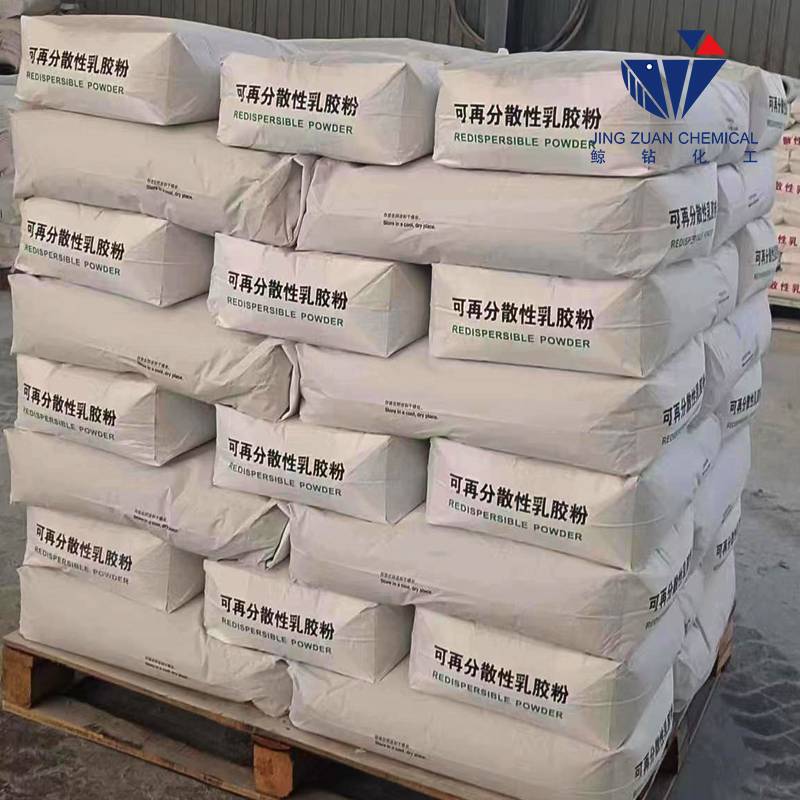
What is RDP and why it matters
Vae Powder (redispersible polymer powder, product name: RDP) is essentially VAE emulsion transformed via spray-drying into a free-flowing powder. Add water and—like magic—it re-emulsifies, forming flexible polymer films inside cementitious systems. Many customers say they notice the difference most in open time, adhesion, and crack resistance. I’d agree.
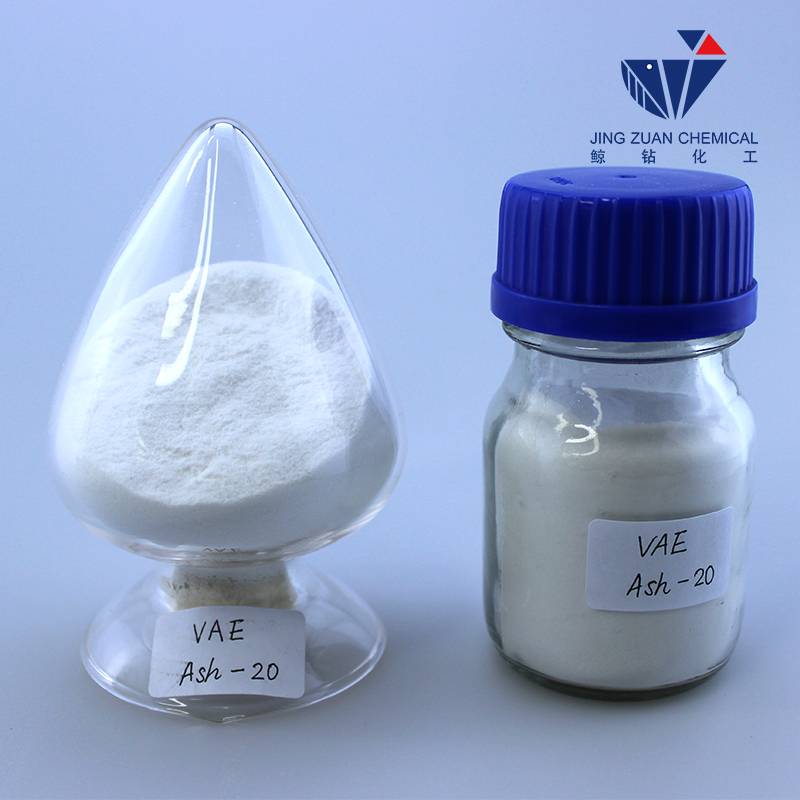
Key specifications (RDP)
| Item | Value |
|---|---|
| Chemical name | Redispersible powder (VAE) |
| Molecular formula | (C2H4)x(C4H6O2)y |
| Moisture | ≤5% |
| Residue (ash) | 12–25% |
| Fineness | 80–120 mesh |
| Min film-forming temp (MFFT) | 0–5 ℃ |
| Origin | NO.1 BUILDING, TECHNOLOGY CERTER, HIGH-TECH ZONE, SHIJIAZHUANG, HEBEI, CHINA |
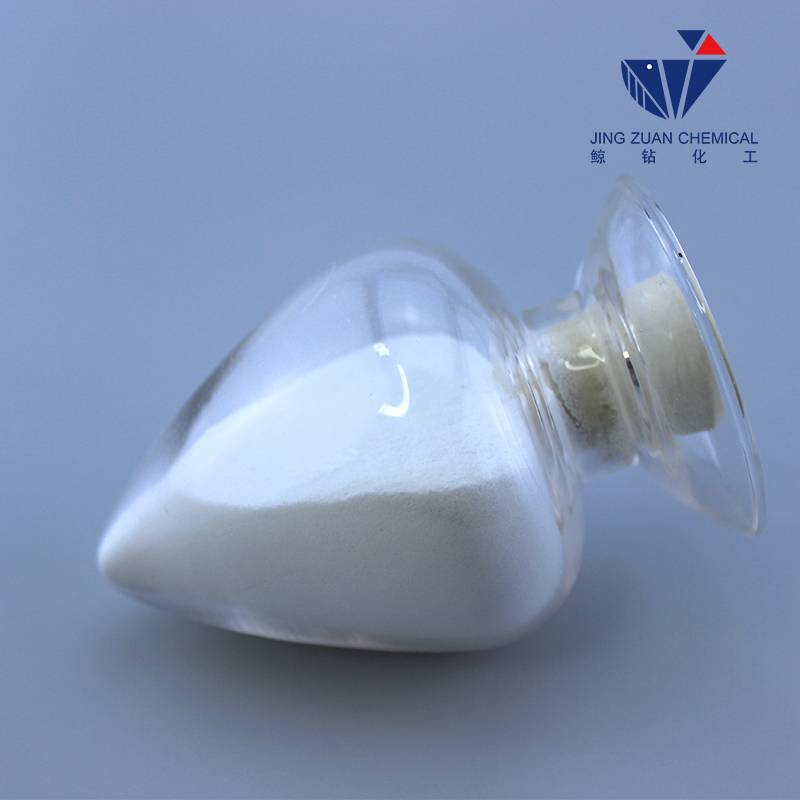
Process flow, testing, and service life
Vae Powder is produced by emulsion polymerization (vinyl acetate + ethylene) → stabilization with protective colloids (often PVA) → spray-drying with anti-caking mineral aids → sieving and packaging. Routine QC includes moisture (oven), ash at 900±50 ℃, fineness (sieve 120 mesh), redispersibility check, and film MFFT. Performance verification in mortars typically follows EN 12004-2 tensile adhesion (initial, water, heat, freeze–thaw) and ASTM C1583 pull-off. Shelf life is commonly ≈12 months in original bags, cool and dry; real-world use may vary.
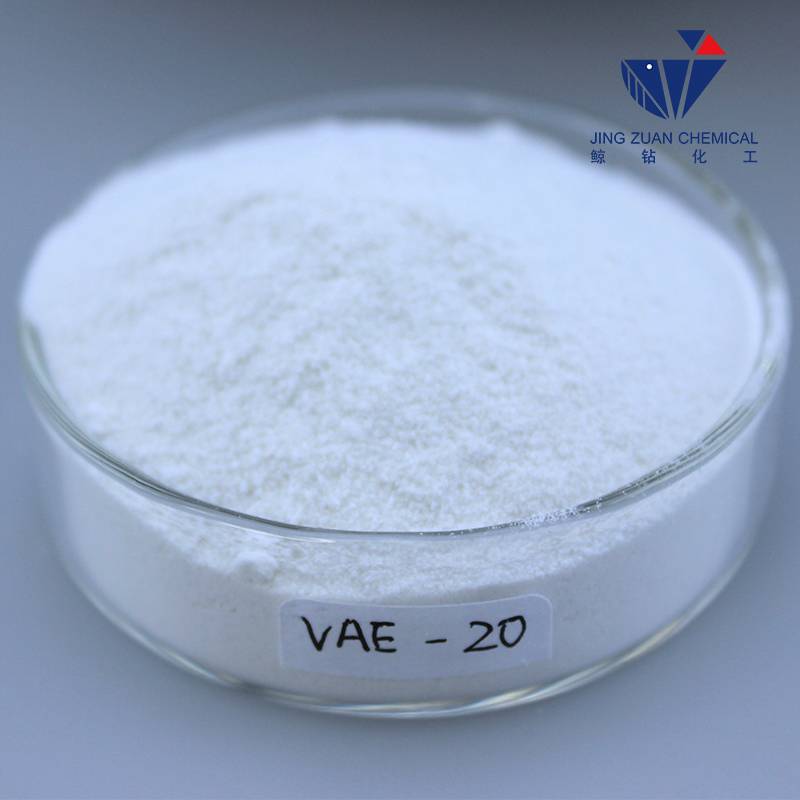
Applications and advantages
- Tile adhesives and grouts: better open time, slip resistance, wet adhesion.
- EIFS/ETICS basecoats: flexibility, crack-bridging, impact resistance.
- Self-leveling: cohesion, edge strength, abrasion resistance.
- Repair mortars/renders: bonding to old substrates, durability.
In fact, field feedback from humid coastal jobs shows Vae Powder helps keep tensile adhesion above 1.0 MPa after water immersion—small detail, big comfort on Monday mornings.
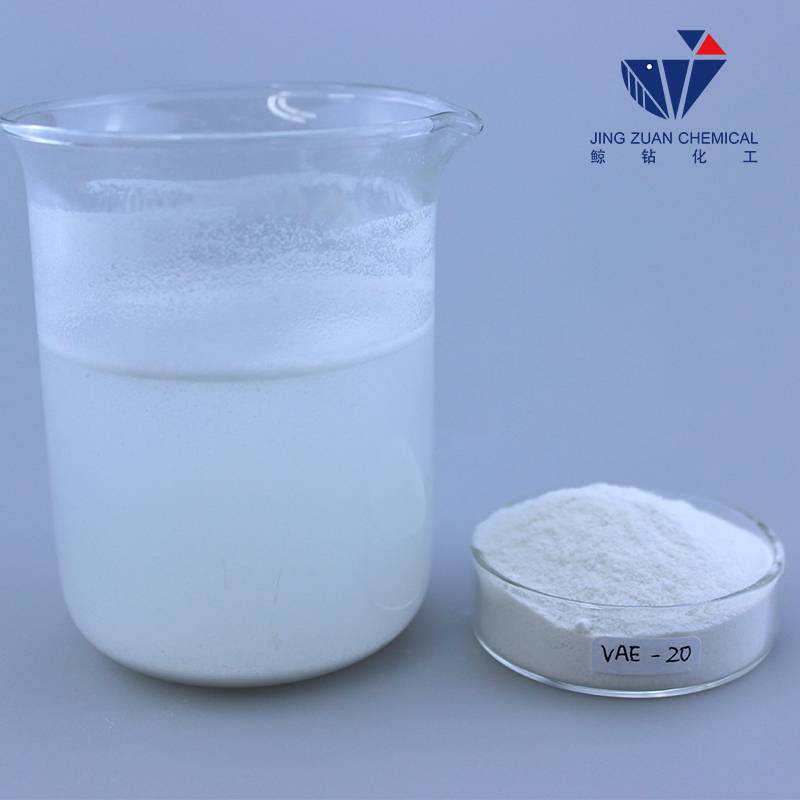
Vendor snapshot (quick comparison)
| Vendor | Indicative price | Certifications | Customization | Lead time |
|---|---|---|---|---|
| CNJZ Chemical (RDP) | ≈ competitive | ISO 9001/14001 (typical) | Ash, MFFT, fineness options | ≈ 2–4 weeks |
| EU Brand A | higher | ISO + REACH | Broad portfolio | 3–6 weeks |
| Local Trader B | varies | limited | spot grades | stock-dependent |
Customization, standards, and one fast case
Need tweaks? Vae Powder can be tailored by adjusting Tg/MFFT, ash window (anti-caking), and particle size for specific rheology. Compliance often references EN 12004 for tile adhesives and ETAG 004/EAD for EIFS systems; QC labs I’ve visited keep ASTM C1583 rigs close by.
Case in point: a tile adhesive in a tropical climate used 3% Vae Powder. Lab results (C2TE-like design) showed initial tensile adhesion 1.3 MPa vs 0.9 MPa baseline; open time ≥30 min; water-immersion adhesion ≈1.0 MPa. Freeze–thaw cycles held above 0.8 MPa. Not jaw-dropping, but reliably on-spec.
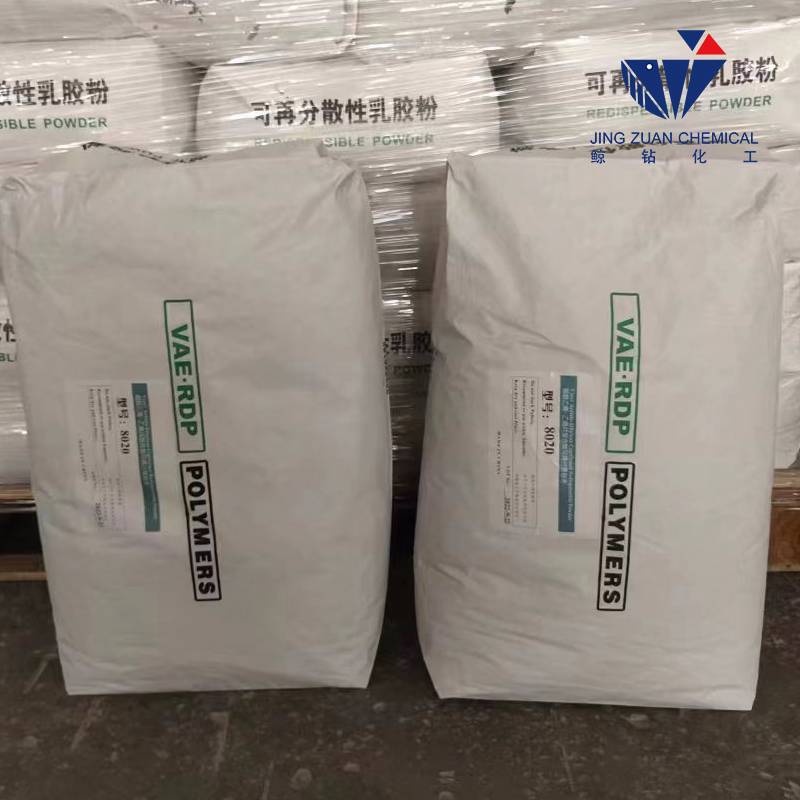
Where it fits today
With energy codes nudging EIFS retrofits and large-format tiles stressing mortars, Vae Powder is having a practical moment. If you’re evaluating supply, ask for: recent COA (moisture/ash/fineness), a small pilot bag, and test per your local standard set. Simple, data-led, zero drama.
References
- EN 12004-2:2017 Adhesives for tiles — Determination of tensile adhesion strength.
- ASTM C1583/C1583M: Standard Test Method for Tensile Strength of Concrete Surfaces by Direct Tension (Pull-off Method).
- ETAG 004 / EAD 040083-00-0404: External Thermal Insulation Composite Systems (EIFS/ETICS).
- ISO 9001:2015 Quality management systems — Requirements.
-
Cellulose Ether | High Purity, Fast Hydration, Stable Flow
NewsNov.17,2025
-
Cellosize HEC Thickener – High Purity, Fast-Dissolving
NewsNov.17,2025
-
Cellulose Ether: High-Purity Liquid Thickener, HEC Cellulose
NewsNov.17,2025
-
VAE Powder (RDP): High Adhesion & Flexibility for Mortars
NewsNov.17,2025
-
Cellulose Ether: High Purity, Fast-Dissolving, Stable Flow
NewsNov.17,2025
-
Cellosize HEC Thickener – High Purity, Fast-Dissolving
NewsNov.11,2025







